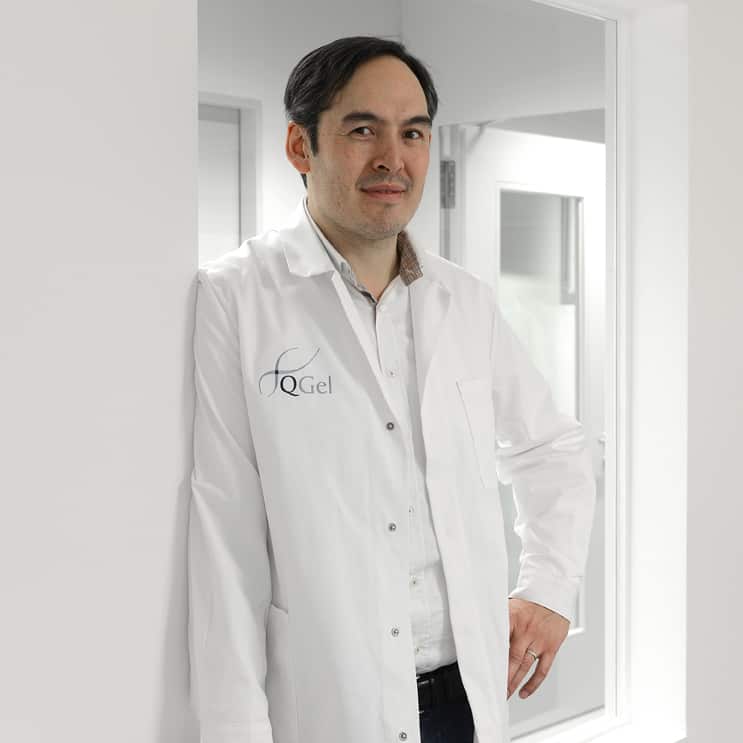
The global cancer burden
Despite enormous investment over recent decades into research and treatment development, cancer remains one of the leading causes of death worldwide, with 18.1 million new cases and 9.6 million cancer deaths estimated in 2018 alone. The annual number of new cases is estimated to rise to 22.2 million by 2030. Thus far, researchers have been unable to identify which cancer drug will work most effectively for specific patients, ie, precision medicine.
The limited success of genomic approach to precision medicine
Currently, the prevailing approach to precision medicine is Next-Generation DNA Sequencing (NGS), which looks for specific mutations in patients’ DNA. This information is then cross-referenced with existing databases that contain large amounts of aggregated data from other patients to identify which drug should work for that patient. However, while this technology holds great promise for the future, studies have shown that only 7% of the patients benefit from high-throughput genomics.
This is due in part to a lack of available drugs specific to each oncogenic mutation, but also because tumour biology is just too complex to be characterised by individual mutations and computational analysis. To increase the number of patients who can benefit from precision medicine, a potential solution is to broaden the tools employed and acquire highly actionable information. Thus, moving beyond genomics can be the next step to improving the efficacy of precision cancer medicine.
Patient-derived ‘organoids’: the next frontier in precision medicine
Patient-derived ‘organoids’ might well be the answer to add a functional component to precision medicine, ie taking cancer tumour- biopsy cells from a patient and growing them in vitro in miniaturised biologically-accurate microenvironments designed to mimic the complex biology of that patient’s body.
Because these organoids recapitulate the complexity of the patient’s cancer tumour outside the human body – as long as they are provided with the right culture conditions – we are afforded the unique opportunity to test a number of drugs, and combinations of drugs, on these ‘mini-patient tumour avatars’ to see which drug treatment will have the greatest effect on the cancer cells before treating the patient.
The use of organoids in identifying the right treatment for the right patient has been backed by solid science. A groundbreaking study in 2018 on patients with recurrent metastatic cancer showed that organoids are highly predictive of patient response. The authors reported that testing a drug on organoids has been successful in identifying effective treatments for actual patients a staggering 88% of the time. Equally important, tests on organoids predicted which treatments would not be effective for patients 100% of the time. The outcomes of this study show that this functional approach to precision medicine may have enormous potential for improving the results achieved with genetic sequencing alone.
From treatment identification to drug development
Organoids can also advance our understanding of drug discovery and offer pharmaceutical companies a novel tool set to identify effective and non-effective drug candidates before entering the clinic. The ability to test a number of new drugs, and combinations of drugs, on physiologically accurate in vitro cellular models will dramatically decrease the time it takes to uncover effective, new drug therapies, bringing better solutions to patients sooner.
Concerning organoid applications in clinical decision-making, in the near future we can envision the ability for oncologists to test patient-derived organoids against a vast range of potential drug options to identify which treatment will be most effective for the patient before treating that patient. The ability to perform such functionalised tests on hundreds of ‘patient avatars’ will give each patient access to the right treatment, the first time. Finally, this groundbreaking technology stands to save health payers billions of dollars of ineffective treatment costs.
By Dr Colin Sanctuary, Chief Executive Officer, Board Member and Founder of QGel




